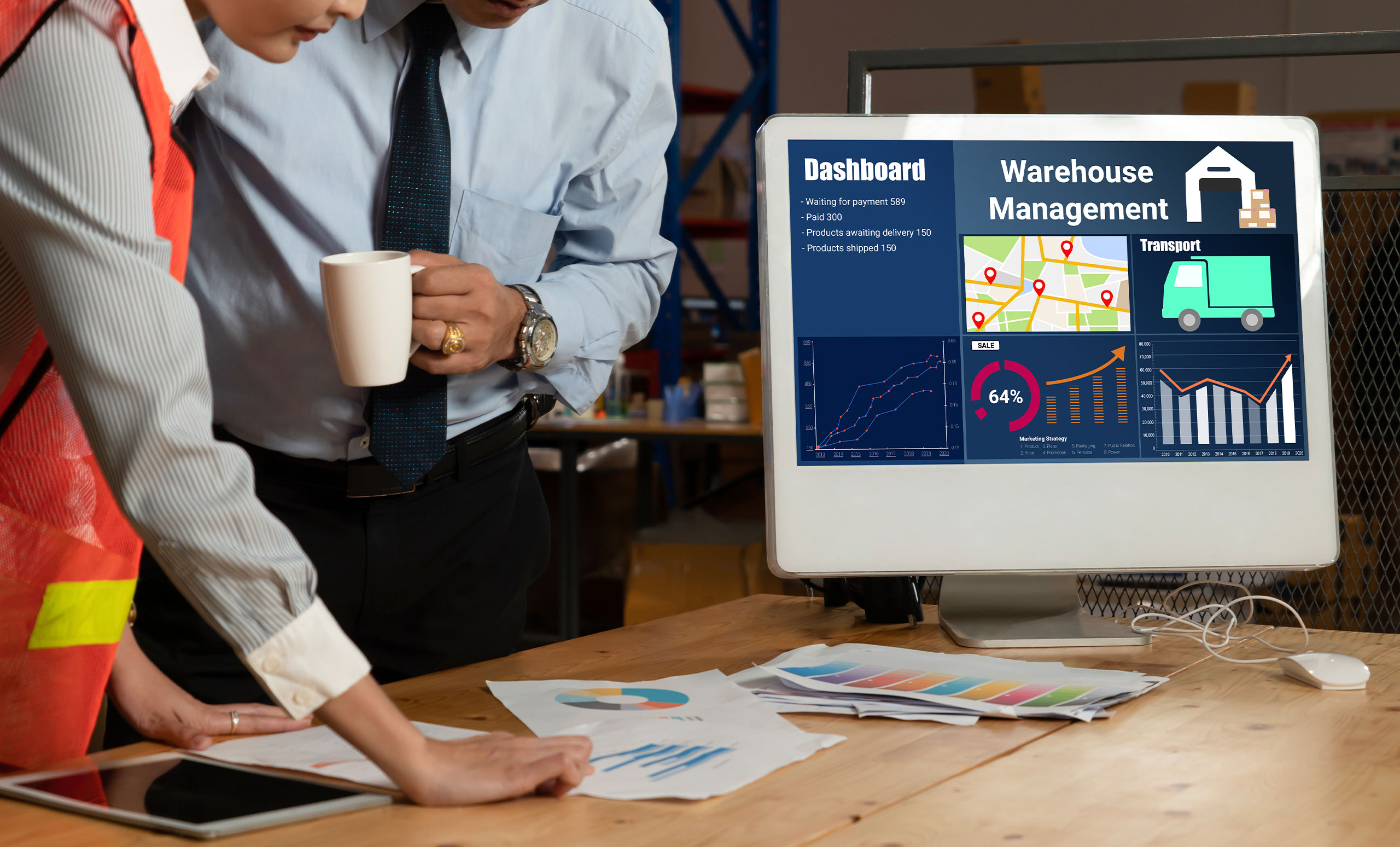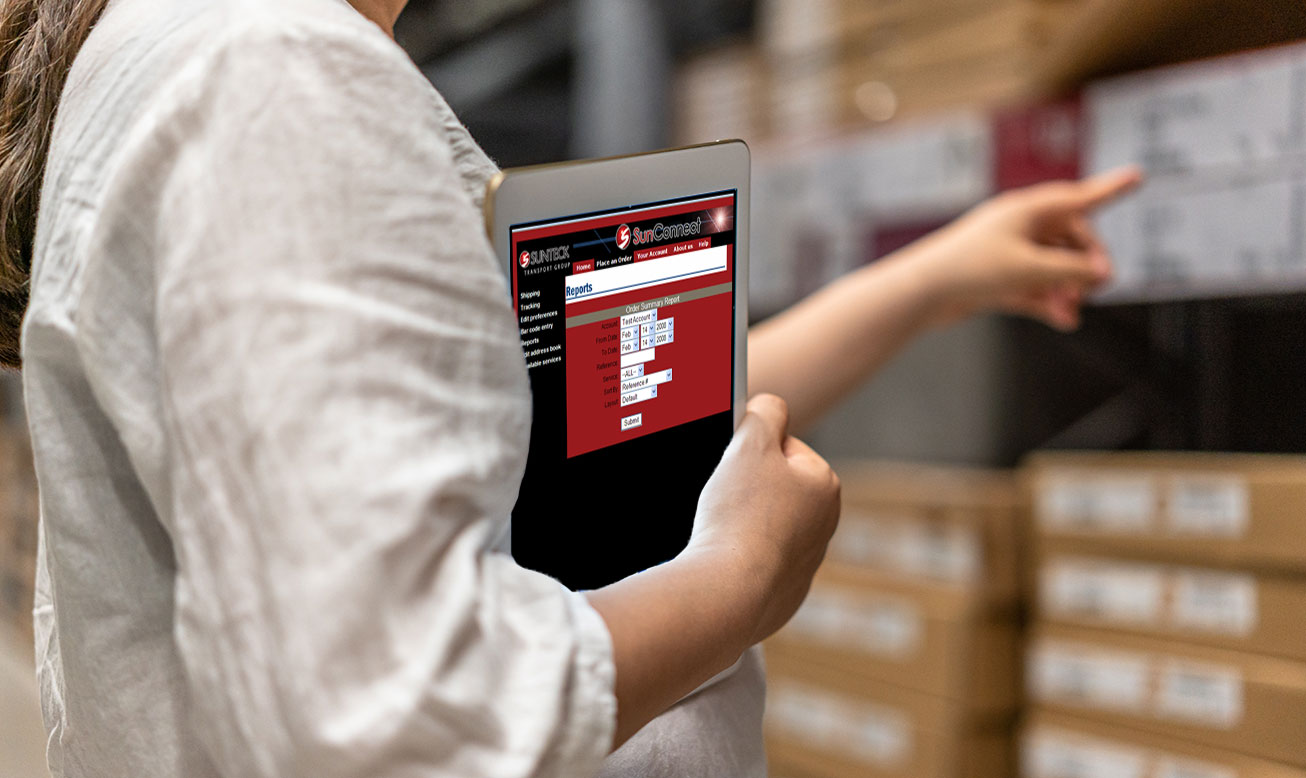February 1, 2025
How Technology is Combating Double Brokering in the Logistics Industry
The logistics and transportation industry is paramount for business, ensuring goods move efficiently from point A to point B. However, the sector has its particular challenges, and one of the most persistent issues is double brokering. This illegal practice undermines trust, increases costs, and disrupts supply chains. Fortunately, the latest advancements in technology are helping to prevent double brokering and restore integrity to the industry. So, let’s discuss what double brokering is, how it impacts the supply chain, and three key technologies that are combating this problem.
What is Double Brokering?
It occurs when a broker accepts a shipment from a shipper but then illegally subcontracts it to another broker or carrier without the shipper’s knowledge or consent. This practice is unethical and illegal, as it violates contracts and often leads to issues like delayed deliveries, lost shipments, and increased costs. For shippers, double brokering creates a lack of transparency and accountability, making it challenging to track goods and ensure they are handled by reputable carriers.
The rise of digital freight marketplaces has made it easier for unscrupulous brokers to engage in double brokering, as shippers and carriers may not always have direct contact. However, as technology and connections might seem threatening, they also step in to provide solutions that enhance transparency, accountability, and real-time monitoring.
1. Blockchain Supply Chain Management: A Game-Changer for Transparency
One of the most promising technologies in the fight against double brokering is blockchain supply chain management. Blockchain, the technology behind cryptocurrencies, is an unalterable and decentralized digital ledger that records transactions securely and transparently. Applying blockchain in logistics creates a tamper-proof record of every transaction, shipment, and handoff.
How Blockchain Prevents Double Brokering
Transparency – Every party involved in a shipment—shippers, brokers, and carriers—can access the blockchain to verify the legitimacy of the transaction. This makes it nearly impossible for a broker to subcontract a shipment without authorization.
Immutable Records – Once a particular transaction is recorded on the blockchain, it cannot be altered or deleted. This ensures that all parties have access to an accurate and unchangeable shipment history.
Smart Contracts – Blockchain might be used to create smart contracts that automatically run when specific conditions are met. For example, payment can be released only when the shipment is delivered by the authorized carrier.
Many big logistics companies already implemented blockchain supply chain management through platforms that provide end-to-end visibility into the supply chain, making it easier to prevent and detect double brokering.

2. ELD Trucking: Real-Time Tracking for Enhanced Accountability
Another critical technology in the fight against double brokering is ELD trucking. Electronic logs for truckers, or ELDs, are devices that track a truck’s location, driving hours, and other critical data. Electronic Logging Devices have become a standard tool for ensuring compliance with hours-of-service regulations, as the Federal Motor Carrier Safety Administration (FMCSA) made them mandatory.
How ELDs Help Prevent Double Brokering
Real-Time Tracking – ELDs provide real-time visibility into the location and status of a shipment. Shippers and brokers can quickly detect the discrepancy if a shipment is handed off to an unauthorized carrier.
Data Integration – ELD data can be integrated with transportation management systems (TMS) to provide a comprehensive view of the shipment’s journey. This integration helps ensure that only authorized carriers are handling the goods.
Improved Communication – ELDs facilitate better communication between shippers, brokers, and carriers by providing accurate and up-to-date information about the shipment.
The widespread adoption of ELD trucking has significantly improved accountability in the logistics industry. By providing real-time tracking and data integration, ELDs make it much harder for brokers to engage in double brokering without being caught.
3. Transportation Management Systems: Streamlining Carrier Verification
A transportation management system (TMS) is a software platform that helps shippers and brokers plan, execute, and optimize the movement of goods. Modern TMS platforms now include advanced brokerage carrier verification and monitoring features, making them a powerful tool in the fight against double brokering.
Key Features of TMS for Preventing Double Brokering
Carrier Verification – TMS platforms can cross-check carrier credentials, insurance, and real-time safety ratings. This guarantees that only approved carriers are used for shipments.
Automated Alerts – If a shipment is handed off to an unauthorized carrier, the TMS can send automated alerts to shippers and brokers. This allows for quick intervention and resolution.
Data Analytics – TMS platforms provide detailed analytics and reporting, helping shippers and brokers identify patterns and potential risks associated with double brokering.
Last Mile Logistics offers SunConnect a powerful solution for logistics management that will empower your business to meet every complexity of the supply chain. We will gladly share our essential tools for shippers and brokers looking to prevent double brokering and ensure the integrity of their supply chains.

Making Logistics a Transparent and Accountable Industry
The combination of blockchain supply chain management, ELD trucking, and transportation management systems is transforming the logistics industry. These technologies are helping to prevent double brokering while also improving efficiency, reducing costs, and enhancing customer satisfaction.
Benefits of Technology in Logistics
Increased Transparency – Technologies like blockchain provide end-to-end visibility into the supply chain, allowing the detection and prevention of fraudulent activities.
Enhanced Accountability – ELDs and TMS platforms ensure that all parties involved in a shipment are held accountable for their actions.
Improved Efficiency – Technology helps shippers and brokers optimize their operations by streamlining processes and providing real-time data
While these technologies offer significant benefits, their implementation is not without challenges. For example, smaller brokers and carriers may struggle with the cost and complexity of adopting advanced technologies like blockchain. For them, partnering with an experienced non-asset-based carrier would give them peace of mind without spending money implementing these new technologies.
Double brokering is a serious issue that undermines trust and efficiency in the logistics industry. However, with technologies like blockchain supply chain management, ELD trucking, and transportation management systems, the sector is making significant strides in combating this problem. These technologies provide the transparency, accountability, and real-time monitoring needed to prevent double brokering and ensure that goods are delivered safely and efficiently.
As the logistics industry evolves, Last Mile Logistics is helping shippers and brokers build a more transparent, accountable, and efficient supply chain.
Now is the time to schedule a call with a real pro to explore how these technologies can help you prevent double brokering and improve your operations.

